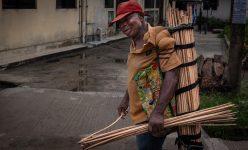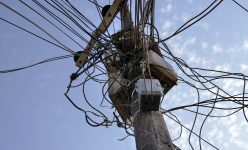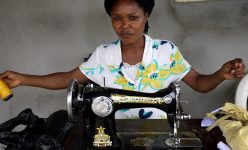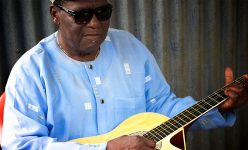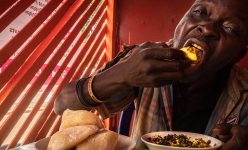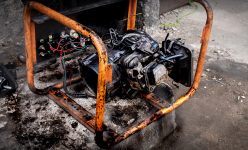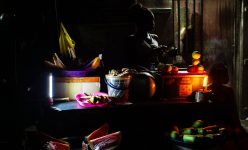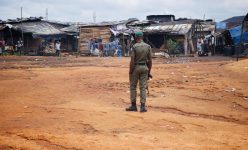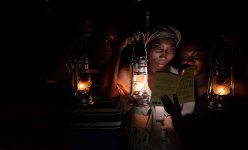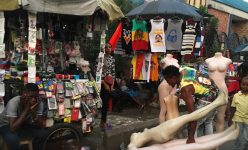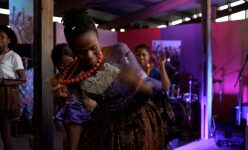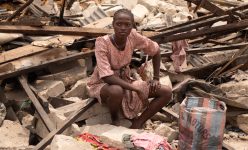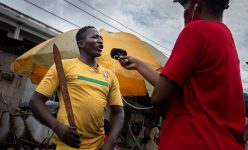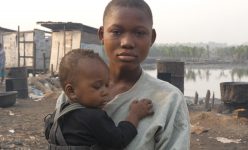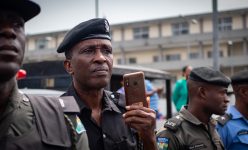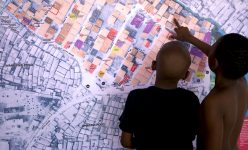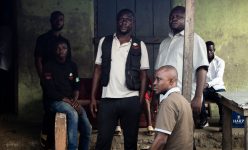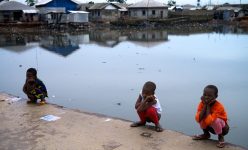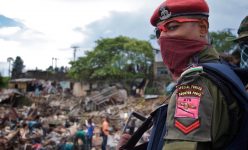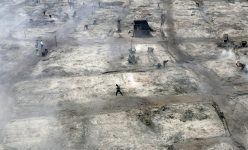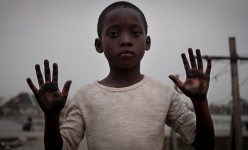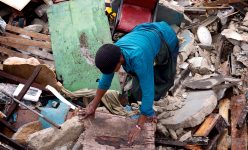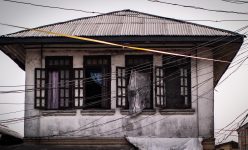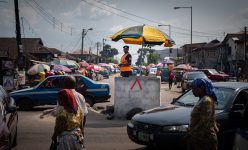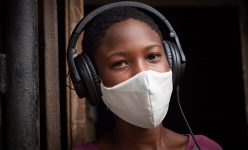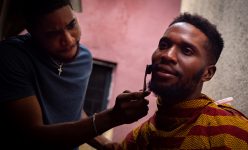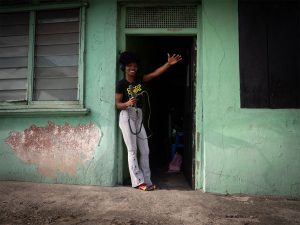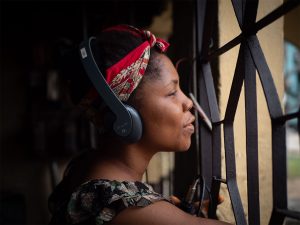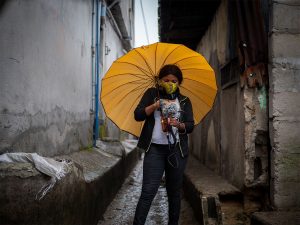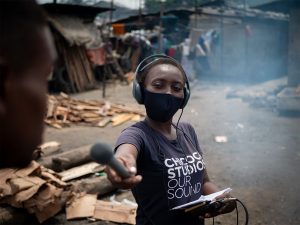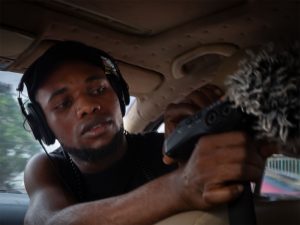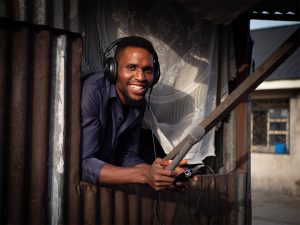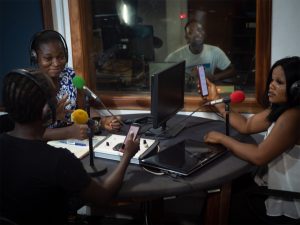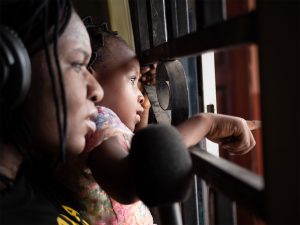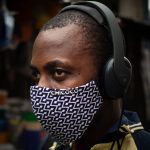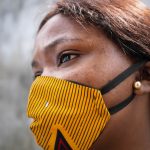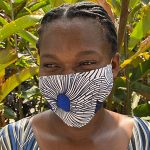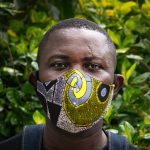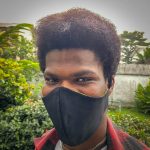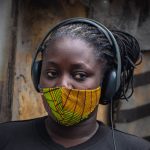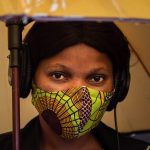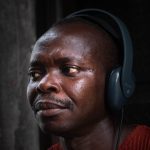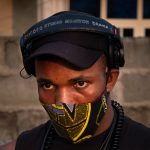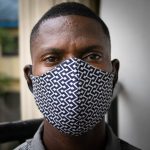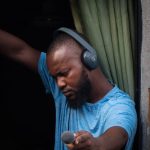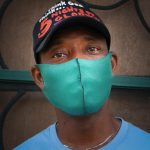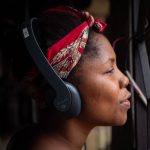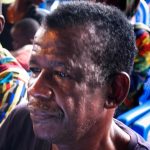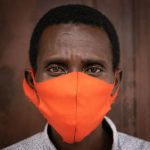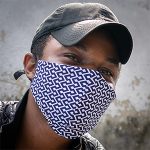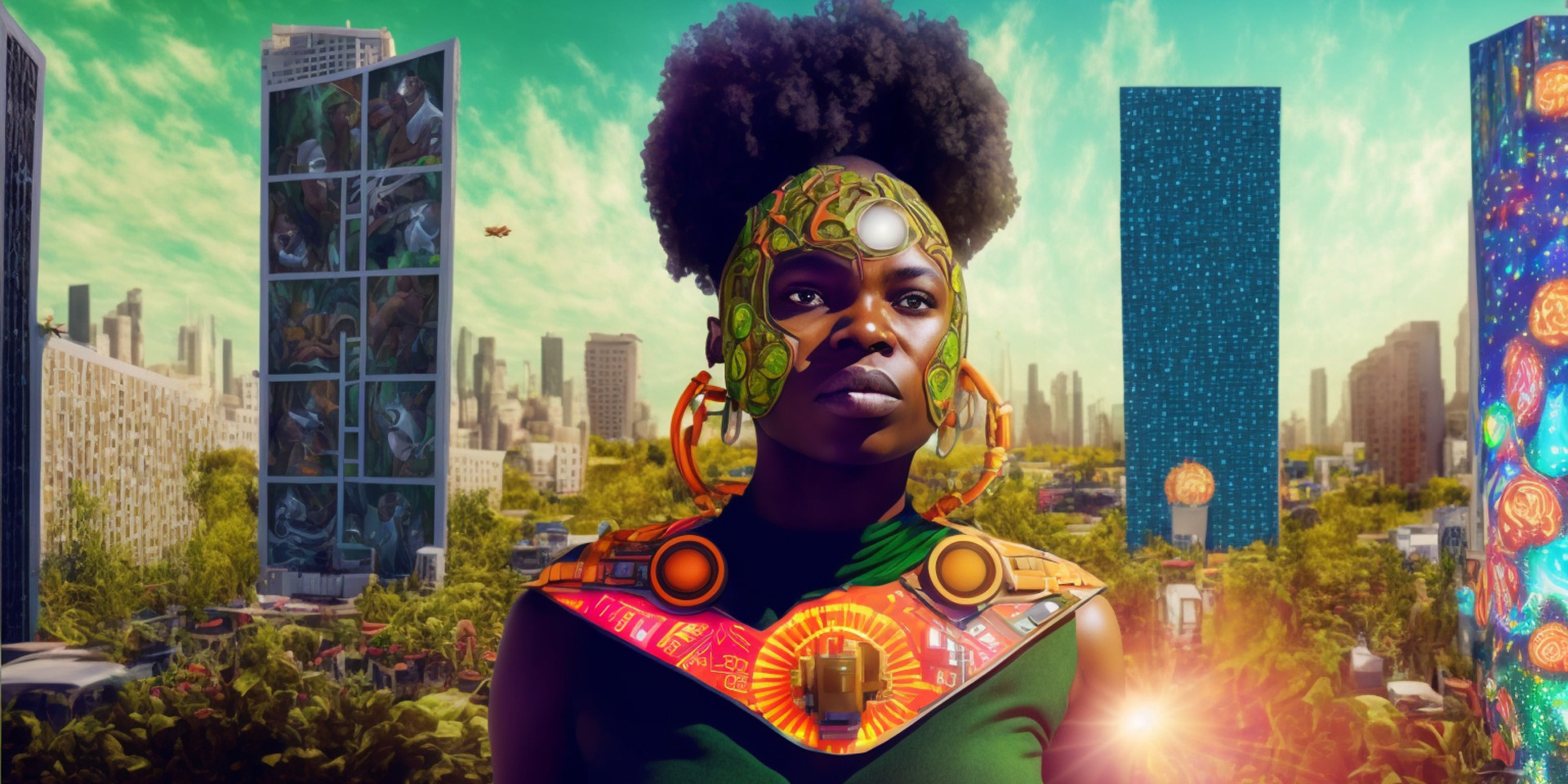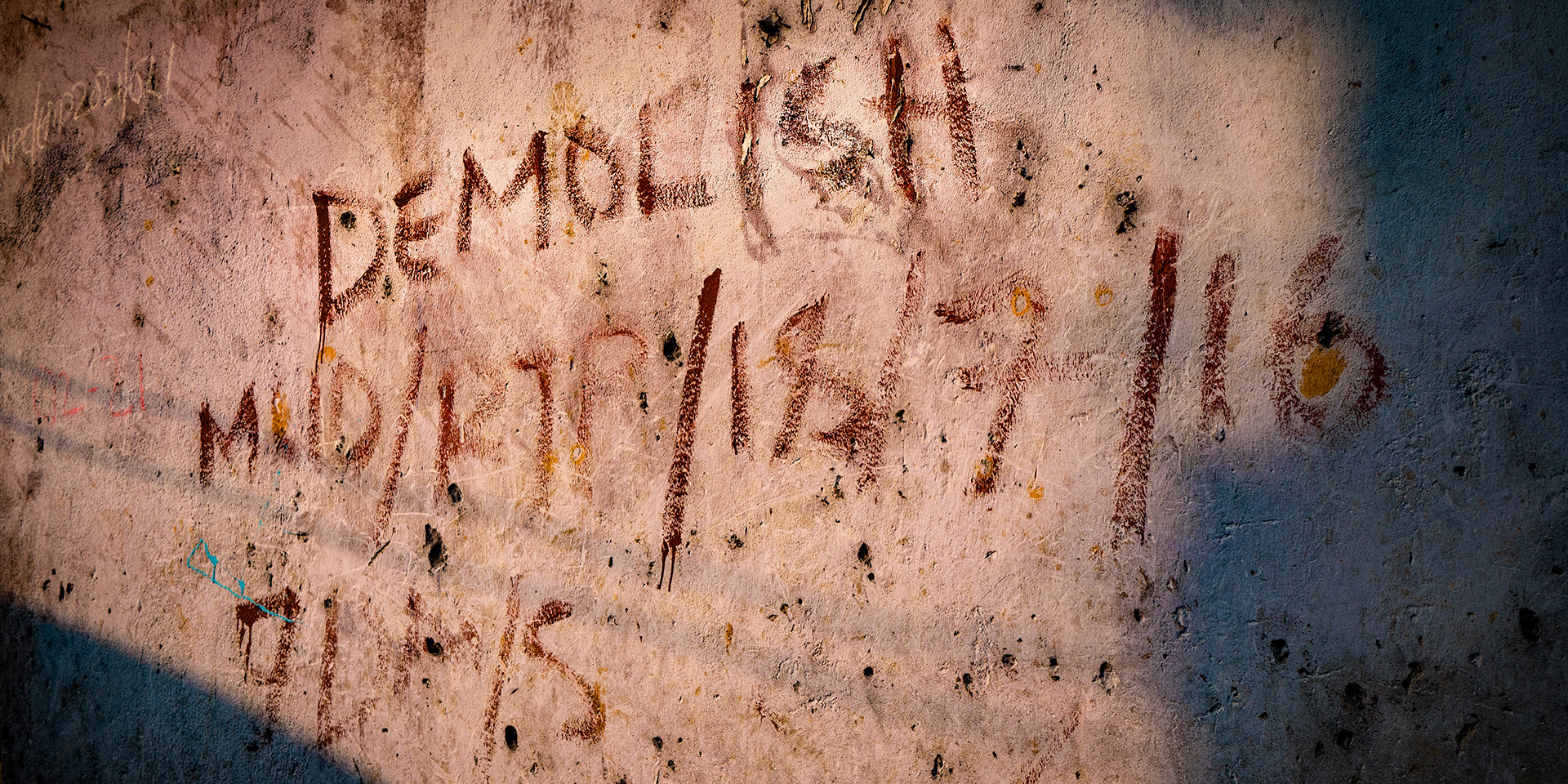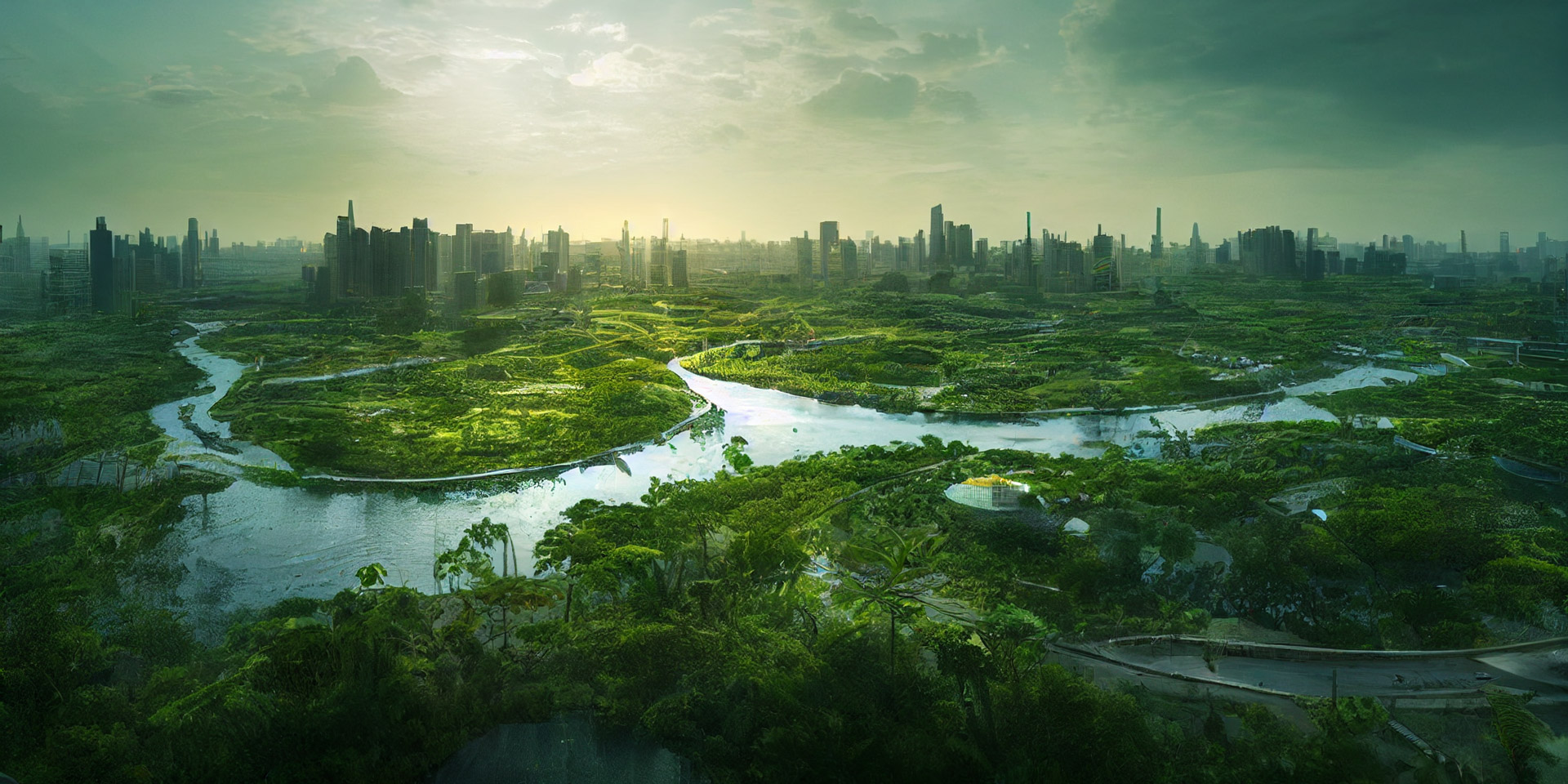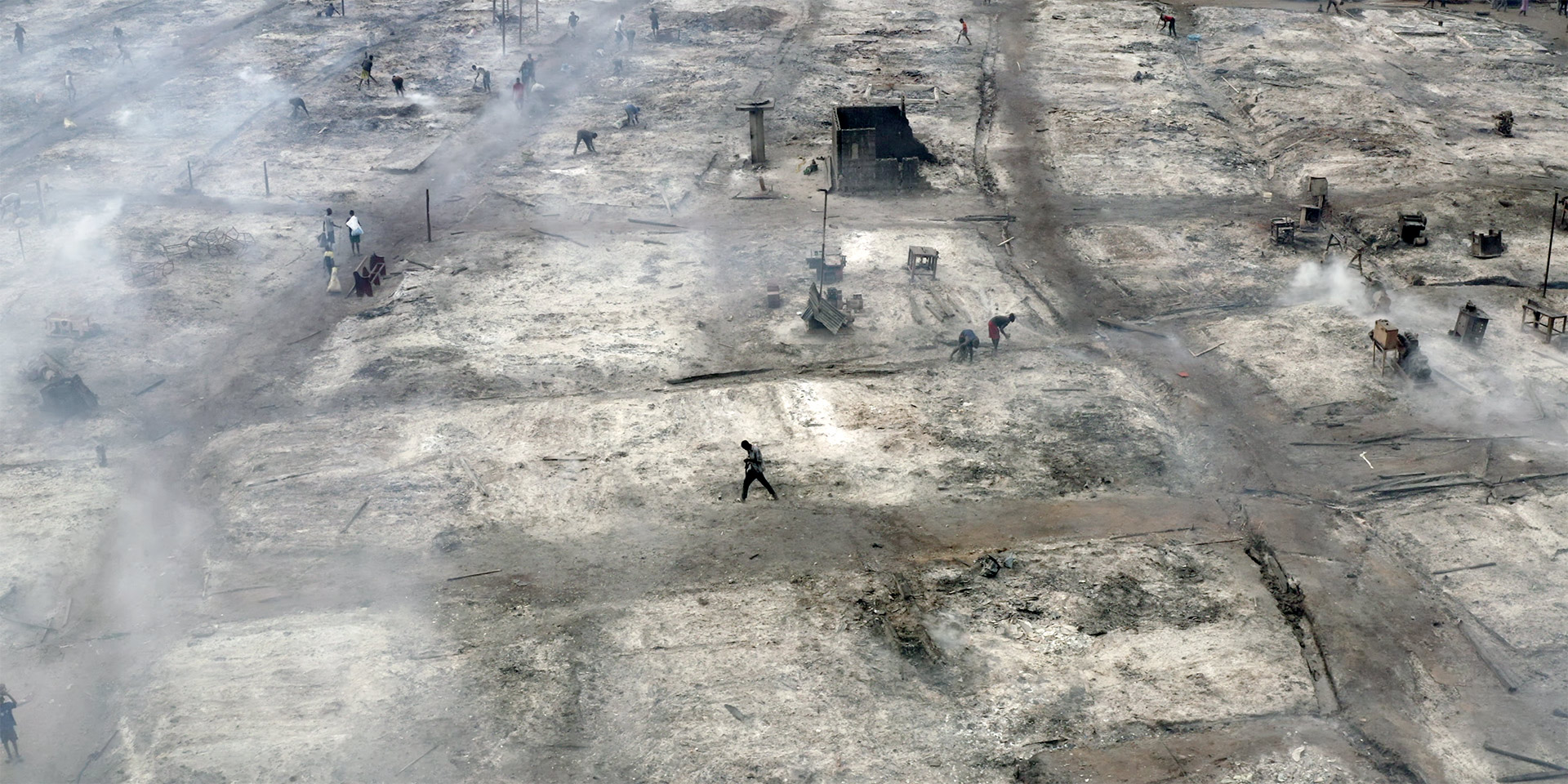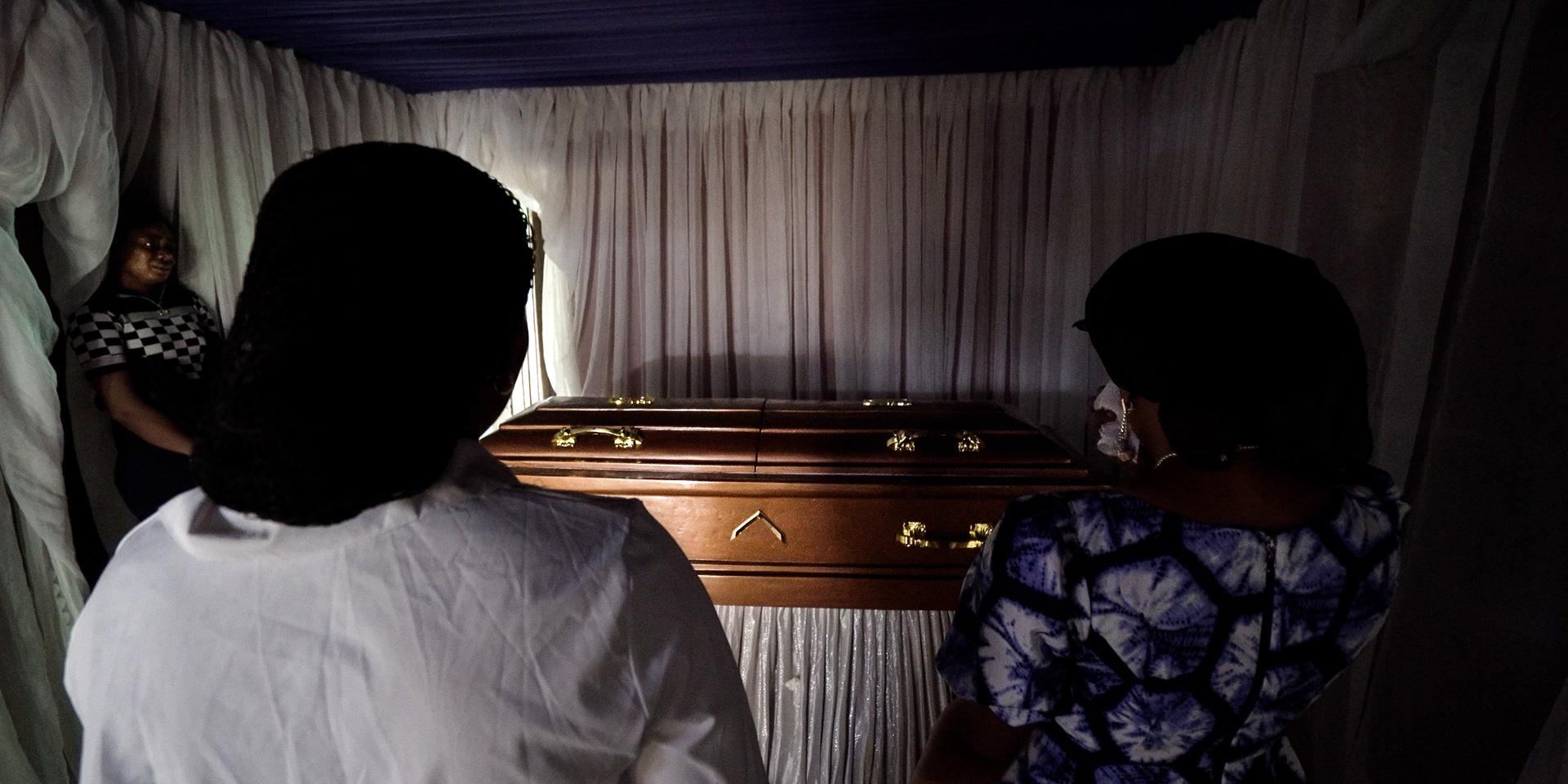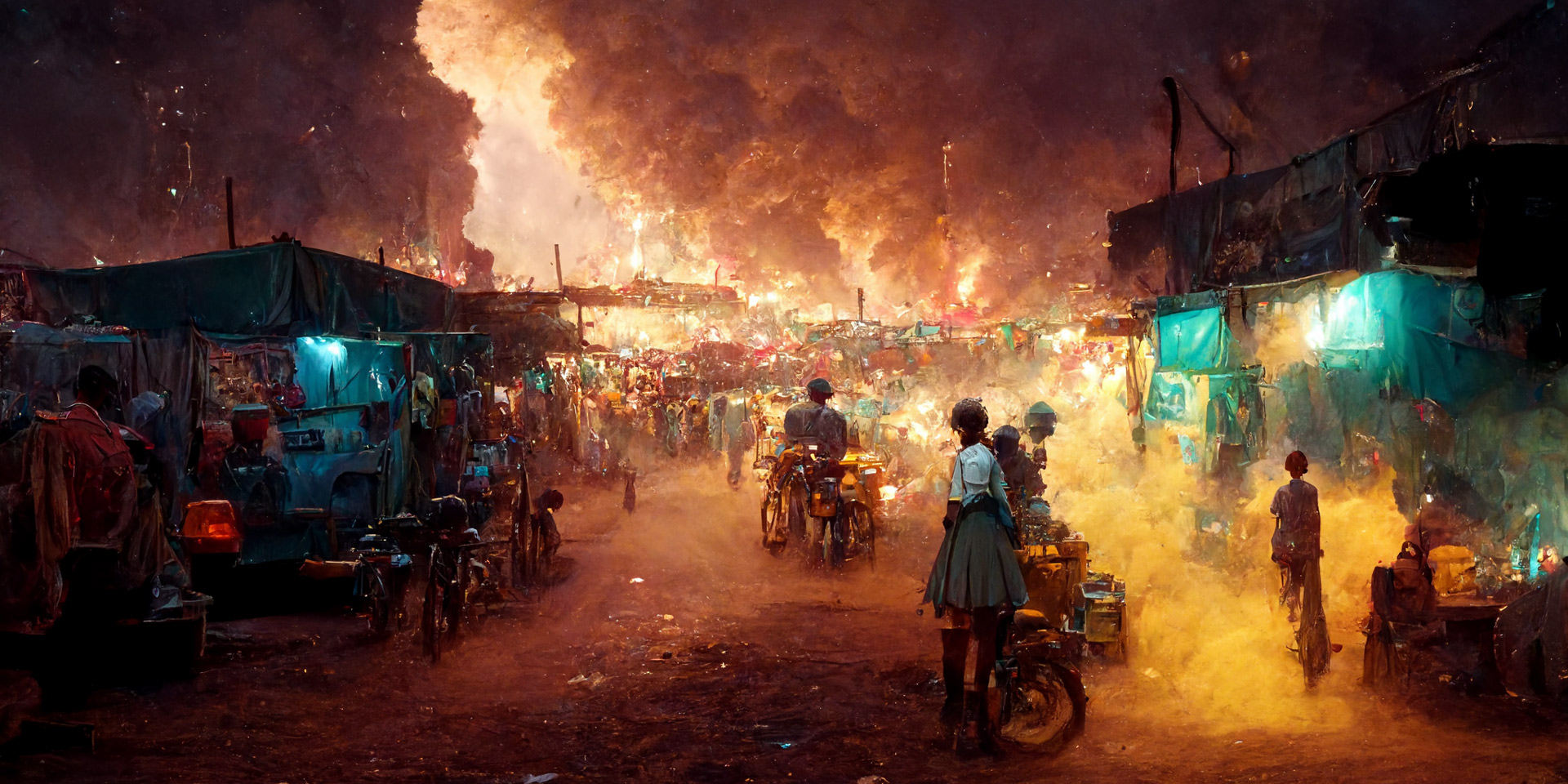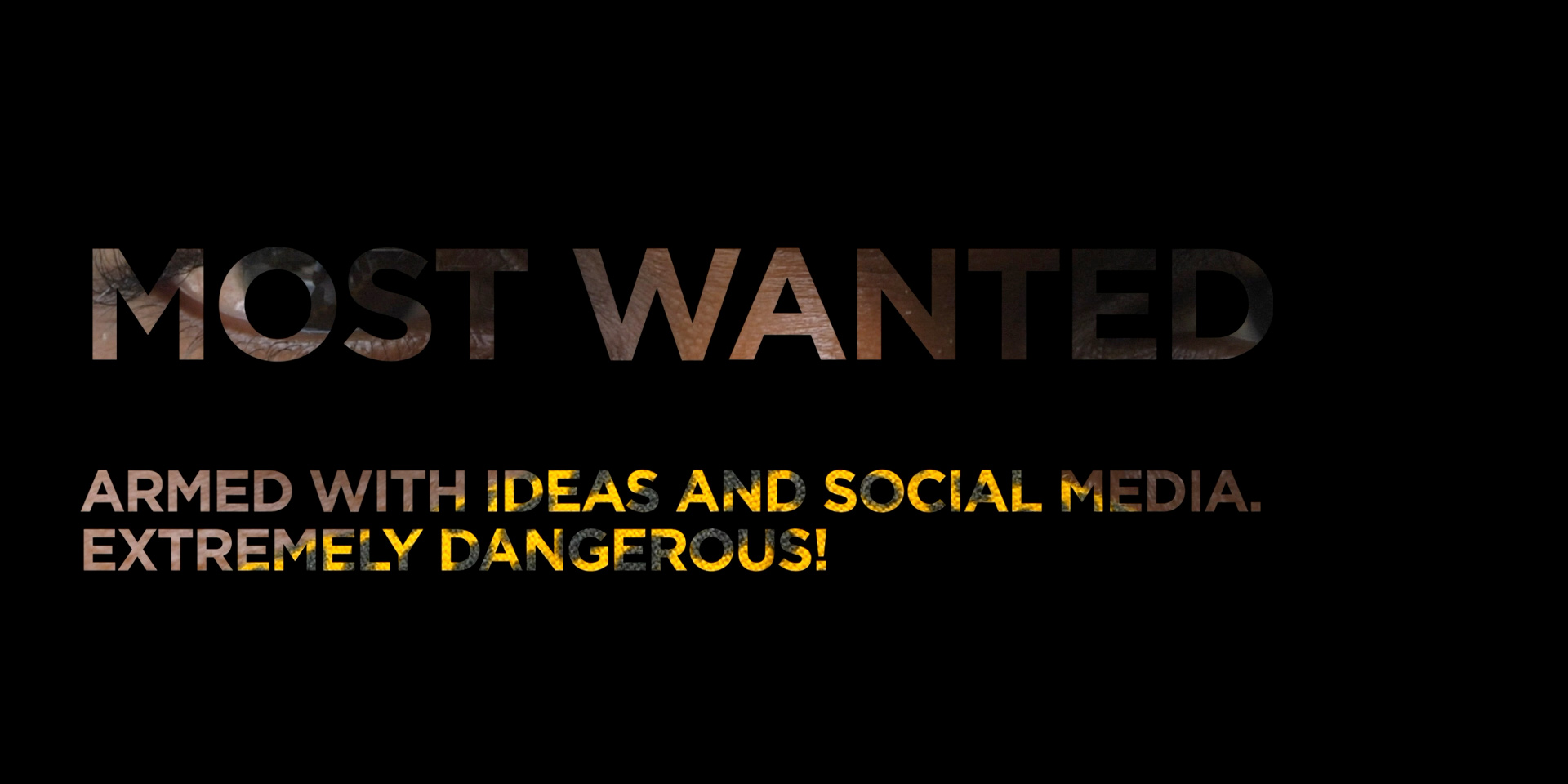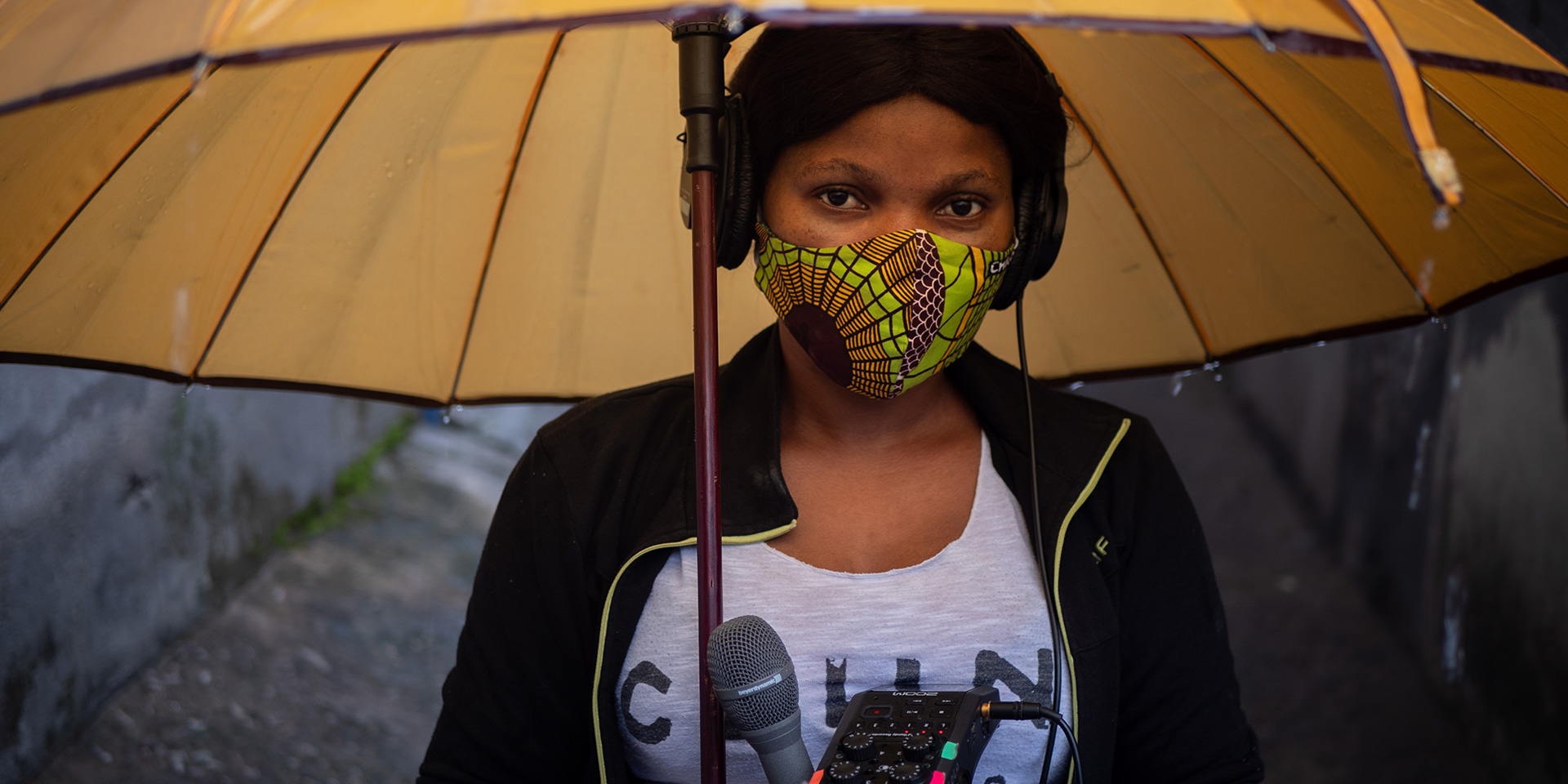Viral Times
We interrupt normal programming to bring you Viral Times: a place for the stories and sounds of our everyday lives through these extraordinary times. Voices from the slums. Sounds of our city.
MORE ABOUT VIRAL TIMES
When the pandemic broke out, headlines and features in the world’s press gave us stories and images from London, Madrid and New York. It was a frightening world we tuned into and we felt for the millions whose lives were turned upside-down overnight, for the hundreds of thousands who were suddenly sick, for those who were dying and for those who were left behind. We could relate: living with, and dying from, infectious disease is a daily reality for millions here, where malaria, typhoid and TB are common.
We learned with amazement that governments had created billions of dollars with the stroke of a pen to support the vulnerable, strengthen healthcare systems, protect livelihoods and accelerate medical research.
We didn’t know that before the pandemic there were thousands of people sleeping on the streets in some of the richest cities in the world, but it was astonishing that in a matter of weeks, shelter could be found for all of them.
The world on the other side of the screen that CNN revealed had always been far off, but now it was deeply strange. At moments when the signal dropped, we could see our own faces reflected in the blank screen.
We did not see many images from neighbourhoods like ours. We did not hear many stories that told of our days. We did hear stories of impending African disaster, even as a bewildering chaos beset the world’s wealthiest and most technologically advanced nation.
We were given instructions about how to keep safe that could not possibly be followed in neighbourhoods like ours. Social distancing when you live seven to a single room, when your neighbour’s window is less than one metre from yours? Wash your hands regularly when you have to fetch water from a shared well? Work from home when not hustling means not eating?
There was a deep disconnect between what we saw and heard in the international media and the stories of our days. There was also a violent disconnect between the pronouncements of our politicians and the realities of our everyday lives.
Viral Times started out as an emergency response to a pandemic which laid bare issues that have long plagued our country: food insecurity, police brutality, wealth inequality and a totally inadequate public healthcare system.
We found ourselves responding in the only way we knew how: by making stories and making places. We picked up our recorders, cameras, pens and guitars, and started telling stories that were new to some, but painfully familiar to us. And with our design collaborators, we went to the drawing board.
We couldn’t go far — total city lockdowns and punitive curfews kept us confined to our ‘informal settlements’, where 500,000 of us live together more often than not in single-room dwellings. But we stretched our imaginations and leaned out of our windows.
We developed radio programme threads like ‘Waka Pass My Window’, where we interviewed our neighbours from the relative safety of our rooms; and new ways of operating our music studios so that we could sing about connection and solidarity, while social distancing from each other.
And soon we start building our new studios and sanitation facilities.
Viral Times is a place for the stories and sounds of our everyday lives through these extraordinary times.
Chicoco Radio
Chicoco Radio is a radio station being built by young people from Port Harcourt’s waterfront settlements.
MORE ABOUT CHICOCO RADIO
Chicoco Radio is run entirely by volunteers. We are training over 100 waterfront residents as citizen journalists, story writers, sound engineers, programme presenters, studio operators, music producers, drama directors, newscasters, station managers and community correspondents.
Nearly 84% of the adult population of the region are radio listeners. However, the voices, priorities and perspectives of waterfront communities in Port Harcourt are under-represented in the mainstream media and waterfront residents have few opportunities to participate directly in production.
Chicoco Radio shares with local residents the technology, skills and confidence to actively participate in researching and creating programmes that address the issues that really matter to them from a rights-based perspective. Chicoco Radio also allows local musicians to connect with national and international artists, bringing music about urgent issues that people in the waterfronts face every day to wider audiences.
We work in tandem with our other teams, Chicoco Maps and Chicoco Sounds, to bring data and music, depth and life, to our stories. Many of our journalists are also mappers, our mappers musicians, and our musicians reporters. Together we form Chicoco Collective, a group of young artists and activists from the slums, working together to build a platform which will carry our voices across the city and around the world.
Tune in, stay with us!
Meet the team
Chicoco Collective brings together young (and not so young) people from across the city to gather stories, make music, research our communities, design public spaces for popular participation and now to bring you Viral Times. There are a lot of us.

We are grateful to all those organisations who support our work. Very special thanks to Novo Foundation and their support through the Radical Hope Fund. Your generosity, engagement and imagination are uncommon and have made all this possible. A special thank you to GIZ and their brilliant Poverty and Inequality team. Roskilde and Africa Express bring music to our ears. And yours. Cadasta are generous and strategic partners. The GEF Small Grants Programme implemented by UNDP make partnerships for life. Thank you. The Public Machinery have designed marvellous infrastructures of collective imagination with us and have done so with joy. Green Planet are helping us build those infrastructures with skill and a big heart. Thanks to Culture at Work Africa.





